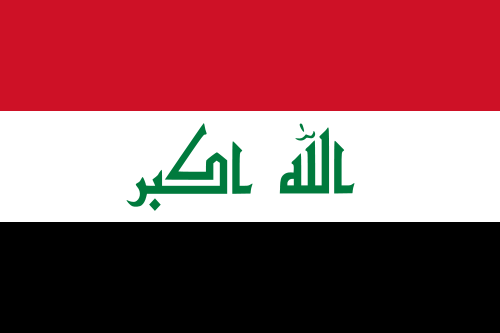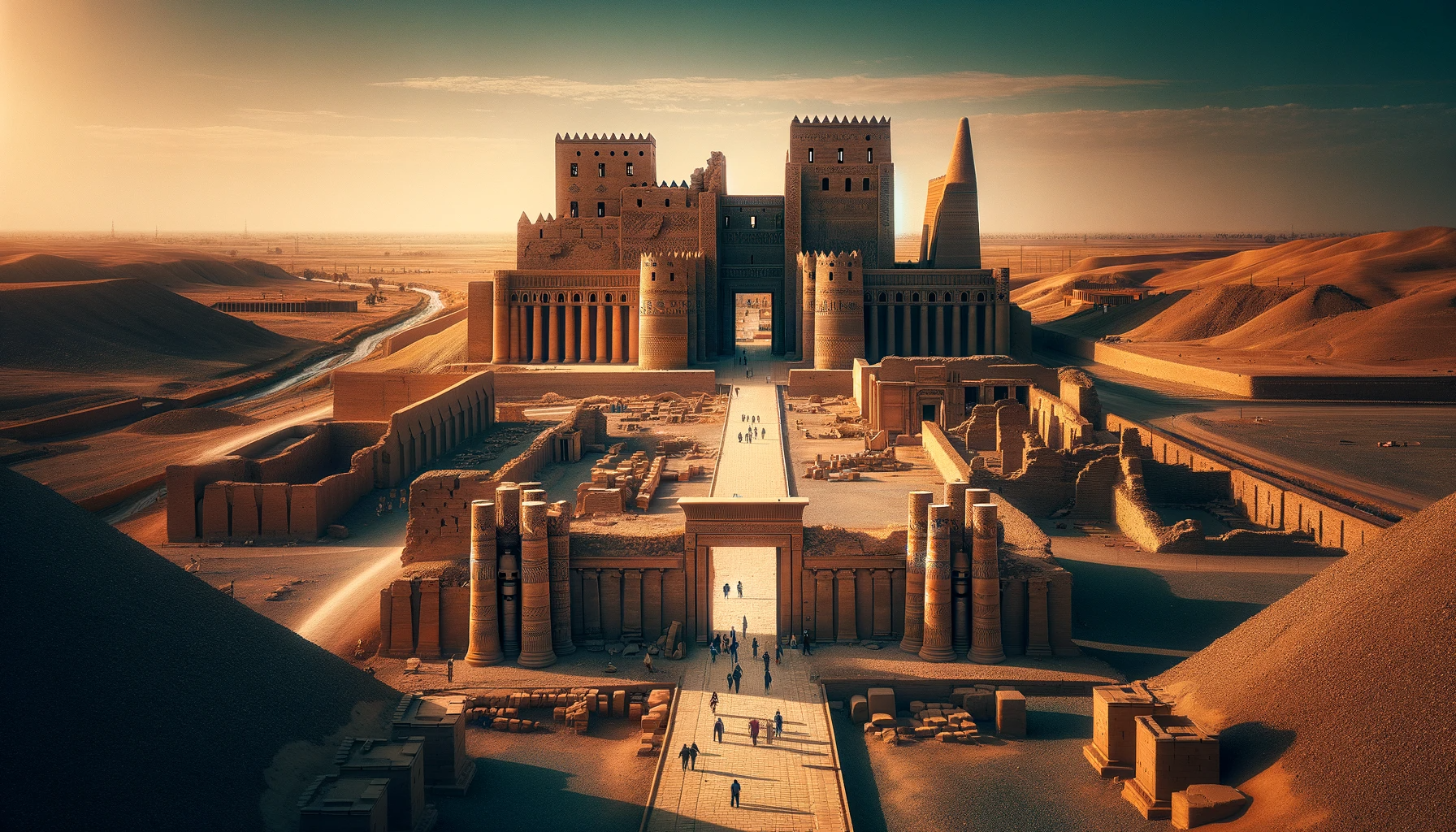Iraq is a country with a profound historical legacy and rich cultural diversity. Despite facing challenges, it holds a place of significant importance in the history of human civilization and continues to be a land of potential and resilience.
List of Public Holidays for Iraq in the year 2024
- New Year’s Day: Monday, 1 January 2024
- Armed Forces Day: Saturday, 6 January 2024
- Rebellion Anniversary: Tuesday, 5 March 2024*
- National Day of Tolerance and Coexistence: Wednesday, 6 March 2024
- Spring Day: Thursday, 21 March 2024
- Baghdad Liberation Day: Tuesday, 9 April 2024 *
- Eid al-Fitr: Wednesday, 10 April 2024
- 2. Eid al-Fitr Holiday: Thursday, 11 April 2024
- 3. Eid al-Fitr Holiday: Friday, 12 April 2024
- Labour Day: Wednesday, 1 May 2024
- Eid al-Adha Holiday: Sunday, 16 June 2024
- 2. Eid al-Adha Holiday: Monday, 17 June 2024
- 3. Eid al-Adha Holiday: Tuesday, 18 June 2024
- 4. Eid al-Adha Holiday: Wednesday, 19 June 2024
- Islamic New Year: Sunday, 7 July 2024
- Republic Day: Sunday, 14 July 2024
- Ashura: Tuesday, 16 July 2024
- Prophet Muhammad’s Birthday: Sunday, 15 September 2024
- National Day: Thursday, 3 October 2024
- Victory Day: Tuesday, 10 December 2024
- Christmas Day: Wednesday, 25 December 2024

History
- Cradle of Civilization: Ancient Mesopotamia, modern-day Iraq, is often cited as the cradle of civilization, home to the Sumerians, Akkadians, Babylonians, and Assyrians.
- Islamic Golden Age: After the Arab conquest in the 7th century, Iraq became a center of the Islamic Golden Age, particularly during the Abbasid Caliphate.
- Historical Influence: Over the centuries, Iraq has seen various empires and powers, each leaving a distinct mark on its cultural and historical landscape.
Geography
- Location and Terrain: Situated in Western Asia, bordered by Turkey, Iran, Kuwait, Saudi Arabia, Jordan, and Syria. Its terrain includes desert, mountains, and the fertile region between the Tigris and Euphrates rivers.
- Climate: Predominantly desert climate with mild to cool winters and dry, hot, cloudless summers.
Culture
- Rich Heritage: Iraqi culture is a fusion of traditions from the various civilizations that flourished here.
- Arts and Music: Known for its contribution to Arab music and literature, including classical maqam music and poetry.
- Cuisine: Iraqi cuisine reflects the diversity of its heritage, featuring dishes like masgouf, a traditional grilled fish, and dolma.
Economy
- Natural Resources: Iraq’s economy is primarily driven by oil, which is a major source of national income.
- Agriculture: The fertile region between the Tigris and Euphrates rivers supports agriculture, an important part of the rural economy.
- Diversification Efforts: Efforts are being made to diversify the economy beyond oil, focusing on sectors like agriculture and industry.
Society
- Demographics: A diverse population with a rich tapestry of ethnicities and religions, including Arabs, Kurds, Turkmen, and others, and a mix of Muslims, Christians, and other religious groups.
- Education and Healthcare: Focusing on rebuilding and improving its education system and healthcare services.
Heritage Sites
- UNESCO World Heritage Sites: Home to several UNESCO World Heritage Sites, including the ancient city of Babylon, the Citadel of Erbil, and the archaeological ruins of Samarra.
- Historical Significance: The country’s rich history is reflected in its numerous archaeological sites, historical buildings, and museums.
Environmental Challenges
- Conservation Efforts: Addressing environmental challenges such as desertification, water scarcity, and preservation of the Tigris and Euphrates river ecosystems.
- Sustainability Initiatives: Efforts towards sustainable development and environmental protection are in place.
Culture and Traditions
- Festivals and Celebrations: Various cultural festivals and religious observances, reflecting its rich ethnic and religious diversity.
- Traditional Crafts: Known for traditional crafts like carpet weaving, glasswork, and pottery, which reflect the nation’s artistic heritage.
Tourism Potential
- Tourist Attractions: Potential for tourism with its historical sites, cultural experiences, and natural beauty.
- Cultural Tourism: Opportunities to explore Iraq’s ancient history, traditional arts, and vibrant culture.
Challenges and Future Outlook
- Societal Development: Working towards social development and cultural preservation.
- Cultural Renaissance: Efforts to revive and promote Iraqi culture, arts, and historical awareness.

